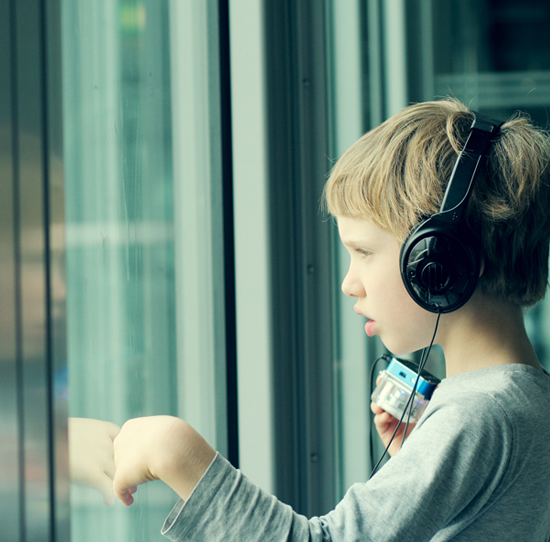Social interaction skills are presumed to be innate, but what happens when these skills don’t appear or develop naturally in some children?
Some children struggle in reading social cues and can’t easily interpret facial expressions or body language. In fact they may not even seem interested in interacting with others. They may dislike crowds and get upset by noise and overstimulation. These are some of the everyday challenges children who have Autism Spectrum Disorder frequently face.
While this list may sound simple enough, the actual recognition of it tends to be more complex. There can always be multiple explanations for certain behaviours. Parents may list multiple explanations shaped by their subjectivity and blurred by the complex nature of interrelating factors. They may feel their child lacked opportunities to socialise, or had an introverted personality, poor language skills or shyness, all possible causes for poor social skills. Perhaps too much television or online gaming had thwarted social skill development. Parents may overestimate their child’s social skills or degree of eye contact compared to the perceptions of their childcare teacher or grandparents. This in-built bias can promote false reassurance and unfortunately also, may delay identifying a problem that may benefit from early intervention.
Therefore, if concerns arise regarding social skills, taking it seriously and being pro-active, is encouraged. Acceptance of a quirky kid needn’t exclude seeking appropriate assessment or help for them.
A Developmental and Behavioural Paediatrician will assess your child objectively, and help explain to parents why their child is behaving in a particular way. An Autism Specific Assessment will help identify children with Autism Spectrum Disorder but also importantly those who may appear “autistic” but aren’t. There are other conditions (such as Social Anxiety) that can mimic the presenting features of Autism.
The number of children diagnosed with Autism Spectrum Disorder has increased over the past decades, with multiple possible causes and factors have been studied, but despite this we still do not have a cure. But we do have a much better understanding of what goes on in the minds of children with Autism and what has been remarkable over the years, is the increased use of Early Intervention Therapies, giving children and families a real chance of a better quality of life. The aim of Early Intervention Programs is to optimise social skills, and minimise the impact of less adaptive or negative behaviours.
Due to the brain’s neuroplasticity and the critical time period for social development (being the preschool years) it is important that children ideally be identified and diagnosed in the first few years of their life. If you have concerns about your child, delaying assessment may prove counterproductive especially with strong evidence now that early intervention does improve functional outcomes.


